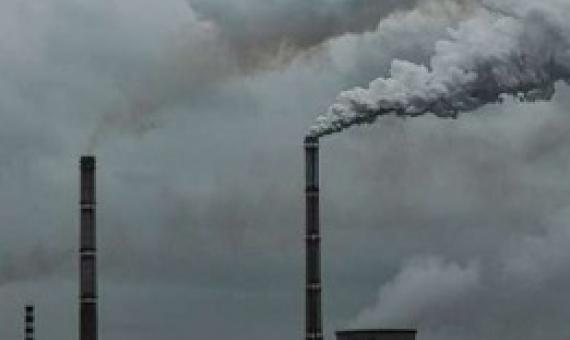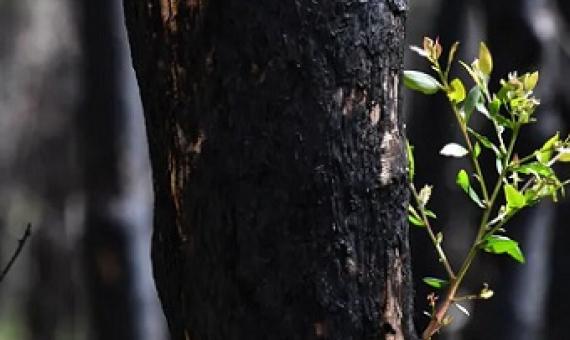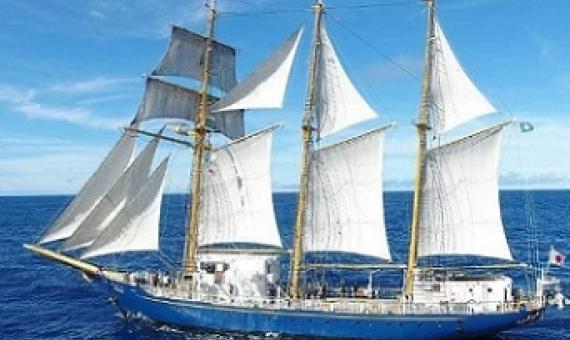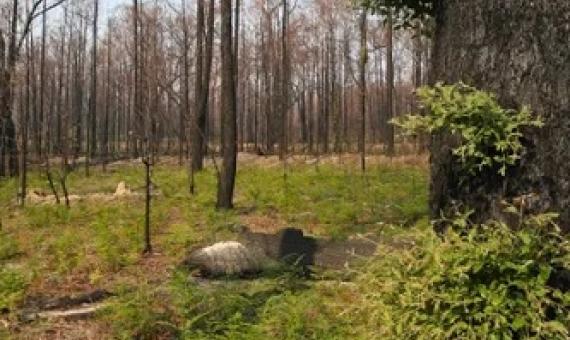Stay-at-home orders enacted to slow human movement, and consequently the spread of COVID-19, have had obvious benefits for the environment, but they are also impacting environmental science.
2019 was the year Australians confronted the fact that a healthy environment is more than just a pretty waterfall in a national park; a nice extra we can do without. We do not survive without air to breathe, water to drink, soil to grow food and weather we can cope with.
This voyage was part of the Sailing Towards a Plastic-Free Ocean project, a collaboration between the Japan Agency for Marine-Earth Science and Technology (JAMSTEC) and the United Nations Environment Programme World Conservation Monitoring Centre (UNEP-WCMC
Australians are being asked to join a mass citizen science program to photograph how the nation’s habitats and wildlife are responding in the wake of the unprecedented bushfire crisis.










